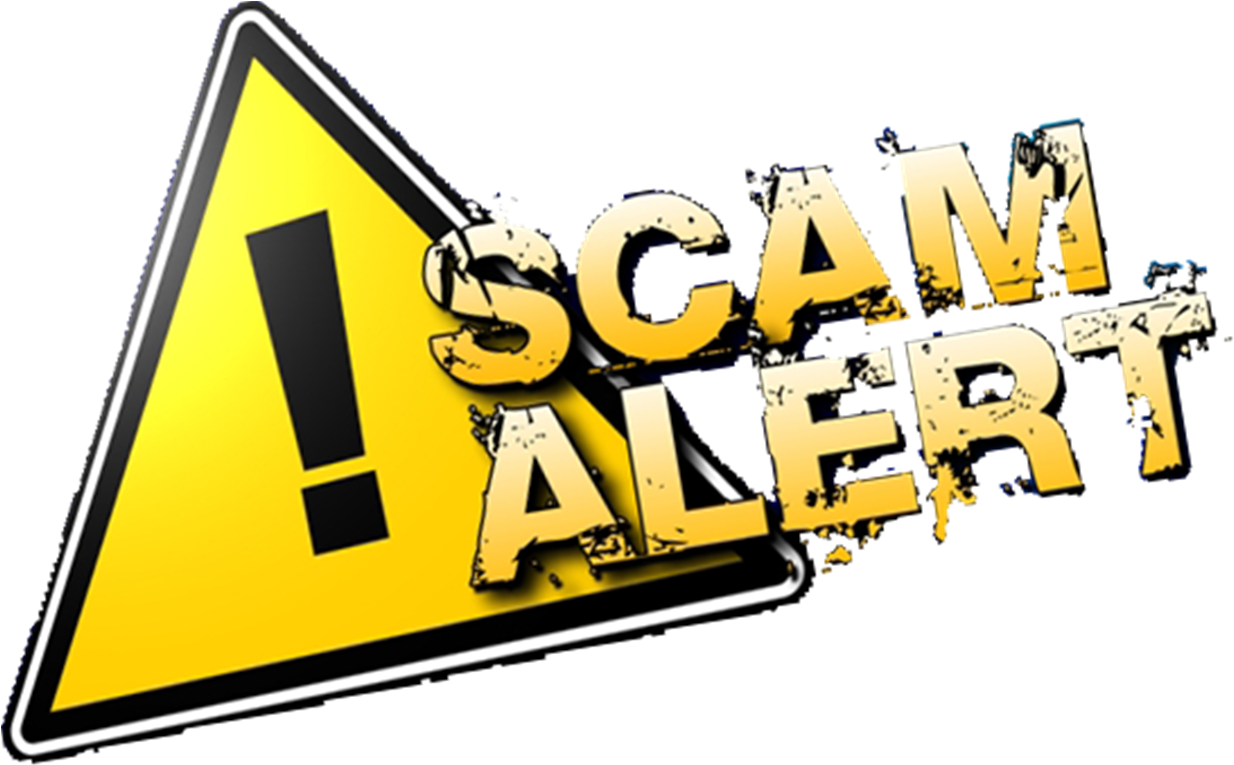Utilities are raising awareness about scams
By Tracy Warren
When a scammer called Florida pet clinic operator Cindy Evers and demanded immediate payment on an overdue electric bill, it sounded real.
“They knew my account number and gave me a figure that I owed that’s close to what I usually pay on my electric bill,” Evers said. She paid, even though, in the back of her mind, she knew her payment wasn’t late.
“I have pets under sedation, and I’m taking care of animals. I think I just panicked, thinking they were going to shut my electricity off. I did what they told me to do.”
Evers lost $900 because the call was a scam.
The scam that duped Evers has been plaguing utility consumers across North America for several years, robbing them of millions.
Now, utilities are fighting back.
Recently, more than 80 utilities and energy industry organizations from across the U.S. and Canada joined forces to recognize the first-ever North American Utilities United Against Scams Day on November 16, 2016.
Electric co-ops have increased their communication efforts, sending information directly to members and encouraging local TV stations and newspapers to warn citizens about the scam, how it works and what people should do and not do, if they are ever targeted.
Even the wariest consumers can be duped, however. The scammers are developing new tactics every day.
The “past due” scam, similar to the one Florida customer Evers experienced, goes something like this: A customer gets a call from an 800-number that looks like a valid utility company phone number. Widely available spoofing software allows crooks to display what appears to be an official number on caller IDs. The caller threatens to cut off power if the customer doesn’t pay.
But here’s the giveaway: The crook will demand payment via a prepaid debit card or money order. And he’ll ask for it within a specified time frame––often an hour or less.
The scammer may even quote an amount that sounds like your typical monthly bill. That way, the threat has even more credibility.
Scammers might direct the customer to a specific store nearby that sells the prepaid cards and instruct the customer to put money on the card and provide the card number to the scammer.
Some scammers have even been bold enough to contact potential victims in person, coming to the member’s house.
Here are some tips on how to protect yourself:
- Do not assume the name and number on your caller ID are legitimate. Caller IDs can be spoofed.
- Never share your personal information, including date of birth, Social Security number or banking account information.
- Never wire money to someone you don’t know.
- Do not click links or call numbers in unexpected emails or texts – especially those asking for your account information.
- Most utilities will NOT require their customers to purchase prepaid debit cards or money orders to avoid an immediate disconnection.
- If you receive a call that sounds like it may be a scam, or if you believe the call is a scam, hang up, call the police and report the incident to your local utility.
How you can help
You can alert your family members and friends. Share the scammers’ tactics described in this article or those you have heard about. You can also help raise awareness and warn others by reposting scam awareness information on social media; use the hashtag #stopscams.
